
Recommendation
This volume is infinitely more thoughtful than most of the books that point to the expected insolvency of the Social Security system and pronounce that the fiscal sky is falling. After all, the U.S. economy has weathered plenty of fiscal crises before, but those in power have barely addressed this one. Authors Laurence J. Kotlikoff and Scott Burns ask you to realize that the government is saddling your children with unbearable debt. One by one, they strip away all the supposed answers to the demographic bulge and economic bust that characterize the impending mass retirement of the baby boom generation. They demonstrate that the dwindling number of working-age citizens simply will not be able to support the coming onslaught of retirees. The python has eaten the rabbit, but will it be able to swallow? Kotlikoff's "generational accounting" explains that government is running up charges on our kids' credit cards. And like any bill that doesn't get paid, this one will keep getting bigger. getAbstract recommends this nicely crafted book to all responsible citizens.
Summary
About the Authors
Economist Laurence J. Kotlikoff is a professor of economics at Boston University and a Research Associate at the National Bureau of Economic Research. Scott Burns is a personal finance columnist with the Dallas Morning News. His work is syndicated nationally by Universal Press.









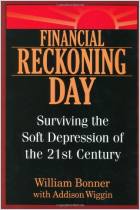
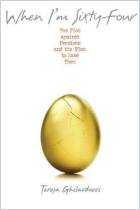
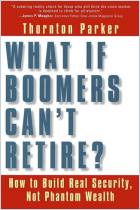
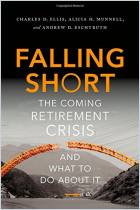

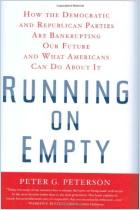


Comment on this summary